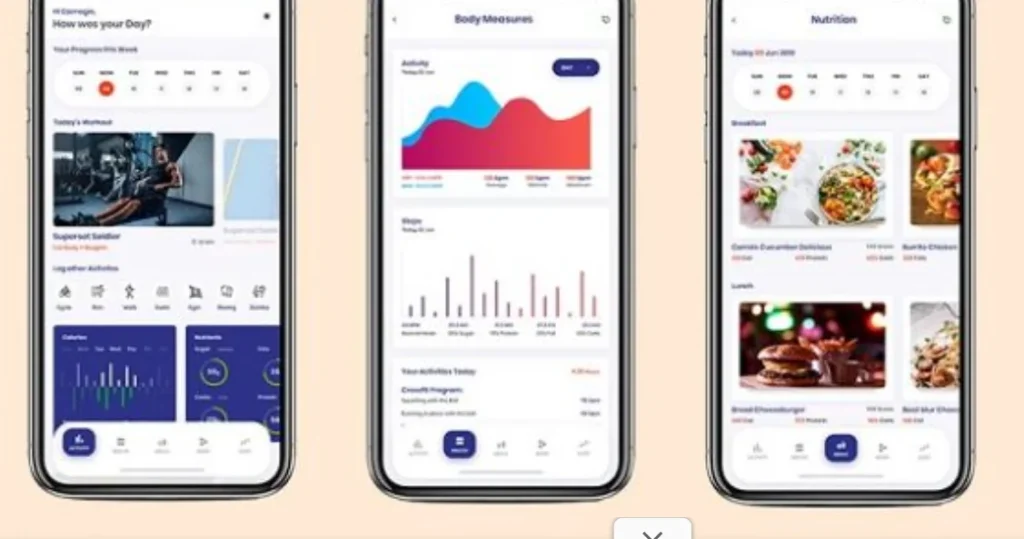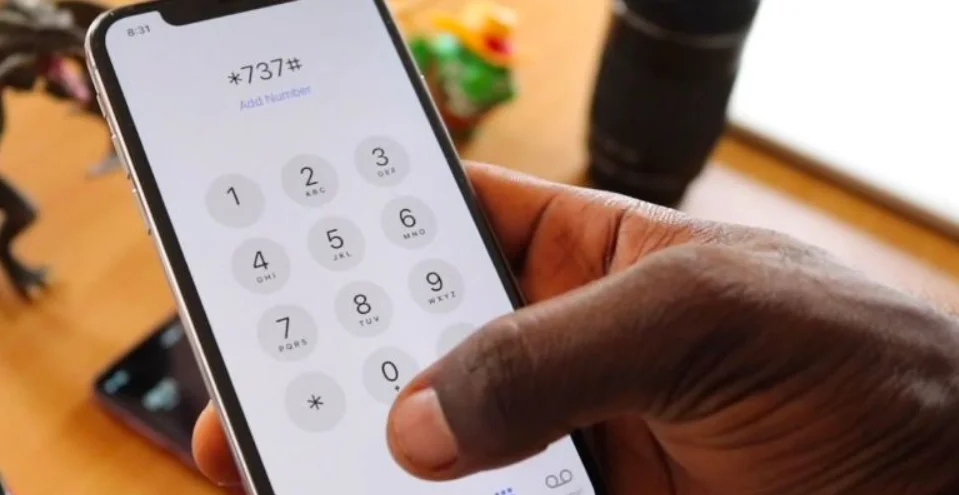In Nigeria’s fast-paced digital environment, lightweight mobile apps are becoming essential tools for millions of users. Whether you’re checking football scores in a Lagos bus or topping up airtime at a stall in Abuja, having a fast, efficient app in your pocket can make all the difference.
The Rise of Lightweight Apps in Nigeria
Streaming platforms, digital banks, and ride-hailing services are adapting quickly by reducing their file sizes and improving performance. These optimisations ensure that users with limited data plans or low-storage smartphones can still enjoy seamless mobile experiences.
A prime example is the Pari app, which uses a compact installer and automatic updates to reduce download time and improve performance. This shift reflects a larger trend: building apps that respect data limits and hardware constraints.
Why Small App Size Matters
Despite increasing smartphone adoption, many Nigerians still use devices with low internal memory and encounter inconsistent broadband speeds across states. According to Nigerian telecom data, app installation completion rates start to drop once the file size exceeds 40MB.
To counter this, developers are:
- Removing unnecessary graphics
- Switching to system-native fonts
- Using cloud-based caching to load only essential content
These changes ensure that apps don’t just install quickly but also run smoothly, even in low-bandwidth areas.
Three Keys to User-Friendly Mobile Optimisation
Designing a great lightweight app means more than just saving kilobytes. It also means improving user experience by focusing on simplicity and speed. Developers follow three proven strategies:
1. Prioritise One-Hand Use
Apps that put main controls within thumb reach—using large buttons, clear labels, and an obvious exit option—are easier to navigate during multitasking.
2. Cut the Noise
Heavy graphics, autoplay videos, and flashy banners slow down apps. Lightweight apps remove these distractions, especially when users are on cellular data.
3. Smart Caching
By storing recent content offline, apps remain functional even during rural travel or poor signal strength.
Better Security, Less Friction
Lightweight apps don’t compromise on security. Instead of demanding immediate access to your camera, contacts, or microphone, they:
- Use biometric locks (only when needed)
- Minimise permission prompts
- Rely on background encryption for daily protection
These measures not only conserve battery life but also reduce permissions fatigue, making users feel safer and more in control.
The Bottom Line
Lightweight mobile apps are no longer optional—they’re essential. In Nigeria, where device storage, data affordability, and time efficiency are major concerns, developers who design with these limits in mind win more users and better engagement.
By focusing on simplicity, speed, and smart data management, lightweight apps are shaping the future of digital services in Africa.












